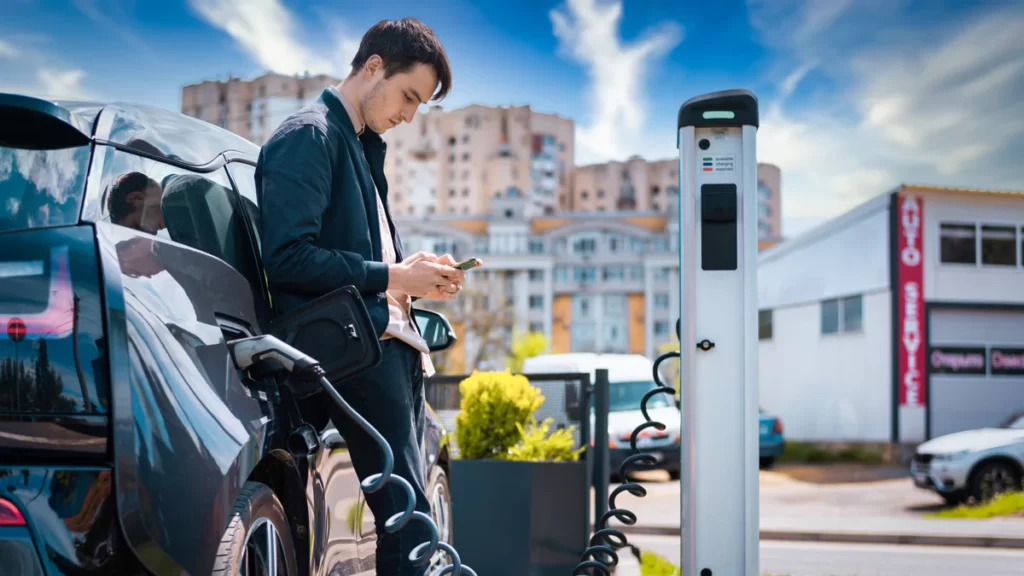Road tax will be charged on zero-emission bikes.
There is one important caveat to the plans announced in the Autumn Statement: they won’t come into force until 2025, and by then there will have been several more budgets, as well as a General Election. There is a lot of room for the VED system (Vehicle Excise Duty) to alter before the 2025 plan is even introduced.
Irrespective of the rise in VED-free electric vehicle users, the government would have to recover the lost funds. Now, as reported in Chancellor Jeremy Hunt’s Autumn Statement, all electric vehicles will be charged road tax as of April 2025.
The cancellation of the grant programme is a blow to individuals who have been persuaded to purchase electric bikes because they believed they would be cheaper to run than petrol-powered ones, as well as the latest in a number of blows they have received.
Last December, the grant programme for electric bikes was reduced from £1,500 to £500, along with other adjustments that reduced moped grants to a max of £150 and eliminated all grant programmes for higher-end electric bikes.
No matter how much people hoped, this year the bad news kept on coming. The energy expenses have been soaring, thus making charging electric bikes more costly. Across the board, charging on the road may result in a higher cost per mile for electricity than gasoline, and even at home, the higher expenses will make it more difficult to achieve the break-even point where a bike’s higher initial cost is offset by fuel savings.
Vehicle Excise Duty, one of the last remaining advantages of electric vehicles, is being eliminated.
From April 2025, electric vehicles, vans, and motorcycles will begin to pay vehicle excise duty in the same manner as petrol and diesel vehicles. This statement emphasises that all road users will begin to pay a fair contribution as the adoption of electric vehicles continues to increase.
The new policy is difficult to understand; a different tax rate applies to electric cars, depending on when they were first registered and, for new cars, whether their list price was below or above the £40,000 ‘expensive car supplement’ mark (an implausible term, as the average new car price in the UK is only slightly below it).
The tax rate for bikes, on the other hand, is simple—electric motorcycles will be classified in the lowest tax category, joining everything else under 150cc. According to the statement, the following will occur: “Zero emission motorcycles and tricycles will be taxed at the current rate of £22 a year, which is the rate for the smallest engine size.”
It’s natural that the Government wants to recoup the VED it has lost as a result of its own electric vehicle purchase incentives, but buyers who paid a large initial premium for an EV in order to save money over the long term will likely be displeased to see those savings eliminated. In spite of the fact that laws already exist to prohibit the sale of non-zero-emission vehicles by 2035, there is no longer any need to incentivise people to buy EVs.
The plans announced in the Autumn Statement are subject to one significant remaining caveat: they won’t be enforced until 2025, and there will have been several budgets and a General Election by then. There is plenty of room for the VED methodology to alter before that deadline.

